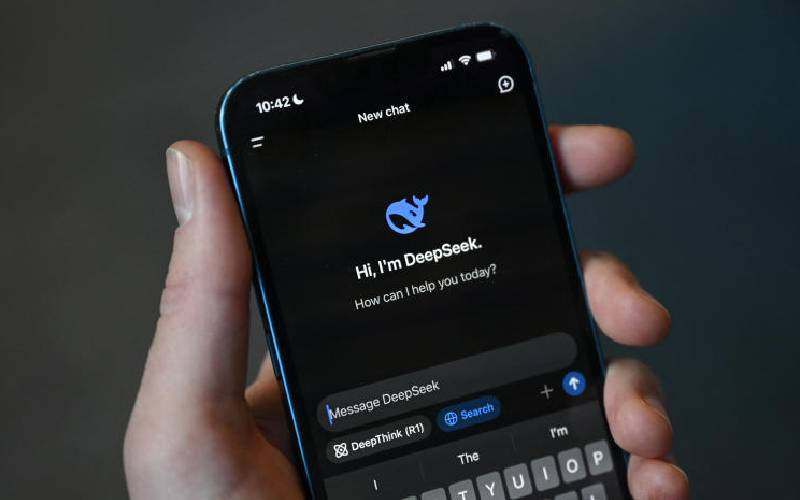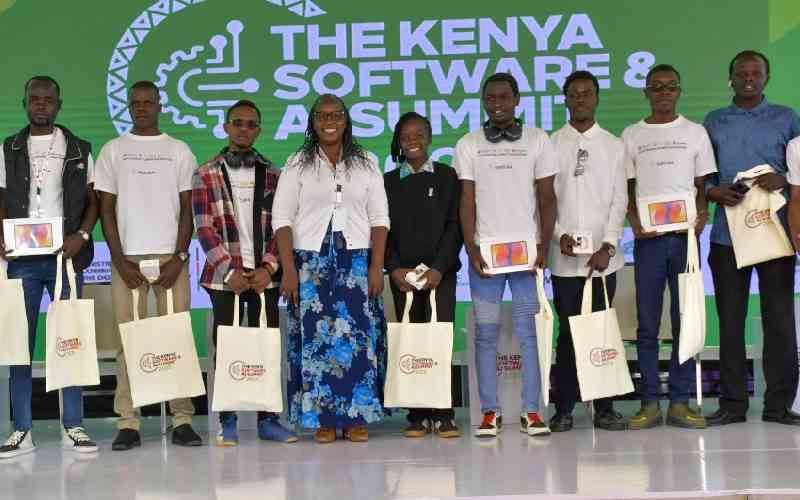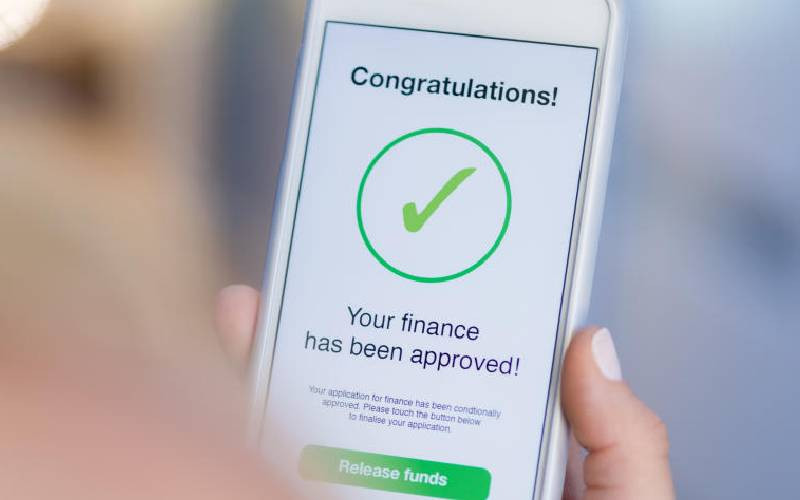×
The Standard e-Paper
Join Thousands of Readers

Remember the splendour of the West African kingdoms from Songhai to Mali and Ghana?
Do you remember the Ashanti kingdom and the Golden Stool? The harmattan winds? Growing cocoa and mining gold in Ghana?







